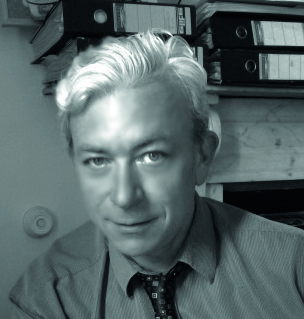So that was January. A bit of a roller-coaster ride in terms of Covid statistics — a rapid rise after Christmas, followed by what appears to be a steady decline in confirmed cases and Covid-associated deaths at time of writing.
The health authorities finally confirmed that pharmacists will be an integral part of the mass vaccination plans and while the details are a little sketchy on how this will be implemented, that is at least news to be welcomed.
Ipsos MRBI recently conducted a poll for IPHA, which suggested that almost three-in-four people will get the vaccine when it becomes available.
However, only 11 per cent said they believe a vaccine will be available this year. That is crucial, because I have real concerns about the effects on society of another year of job losses, a hollowed-out way of life, soaring mental illness rates, relationship break-ups, increased alcohol and drug abuse, missed education, economic gloom, and all the rest of it.
Some of the survey results actually seem to buck the trend that we have seen over the years, whereby pharmacists have become the most trusted healthcare professionals, along with nurses. The IPHA research showed that 94 per cent of respondents said they would most trust doctors and nurses as sources of information about the vaccine, with 91 per cent saying they would trust ‘healthcare experts’. Pharmacists came in at an uncharacteristically low 88 per cent. So clearly, there is still a section of society that is unaware that pharmacists are the true experts on medicines, and that’s revealing.
Patient groups would be most trusted by 67 per cent of respondents and as usual, politicians and social media brought up the rear, with trust levels of 38 and 10 per cent, respectively. It’s actually surprising that both registered such a high level of trust.
However, pharmacies returned to the top of the trust table when it came to the most convenient place to be vaccinated, at 91 per cent, with the doctor’s surgery at 89 per cent and ‘the nearest hospital’ at 59 per cent.
So these are the three main outlets for the vaccine, when it is eventually rolled-out. That will require planning and logistics of exquisite precision, bearing in mind that there could be more than one vaccine simultaneously available, potentially with different transportation, distribution and temperature requirements.
Without wishing to sound unnecessarily pessimistic, the devil is indeed in the detail and I am not alone in having a little trepidation regarding how the vaccination plan will work out in practical terms. I envy those who have complete confidence in the authorities’ ability to co-ordinate what will be a unique and monumental endeavour.
I sincerely hope they use the time available before the roll-out to nail this first-time. As the saying goes, and especially in these unprecedented times, there’s ‘never a dull moment’. Personally, at this point I would welcome a few nice, quiet, dull moments. So roll-on the roll-out.








